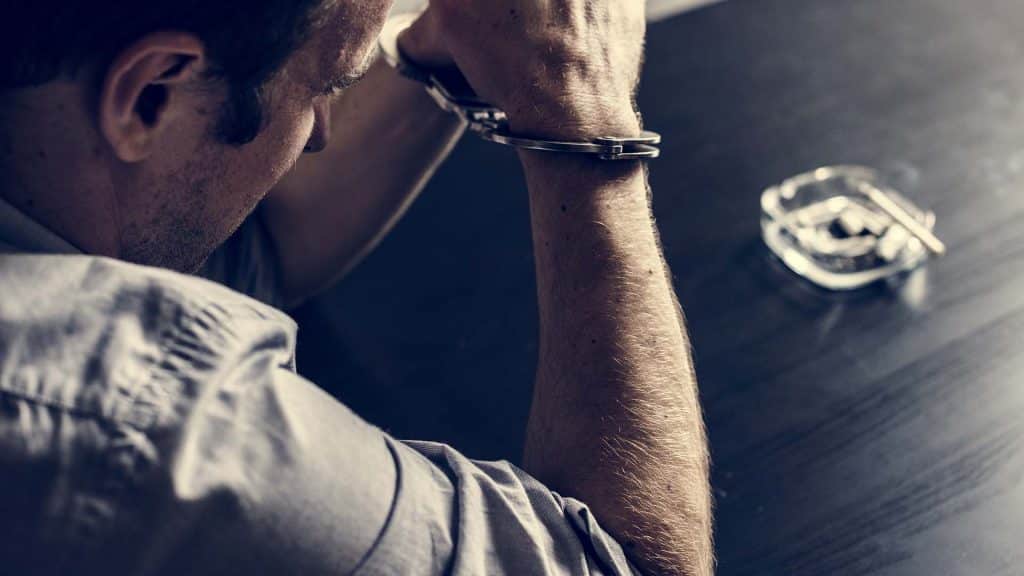When people abuse alcohol, they aren’t only hurting themselves; they’re hurting their loved ones. Similarly to when individuals smoke cigarettes, they negatively impact those around them. If you’ve been exposed to smoke regularly, you’re probably familiar with the term “secondhand smoking;” so naturally, it is called “secondhand drinking” when you’re affected by someone’s alcohol abuse.
What Is Secondhand Drinking?
Simply put: if a person has made you feel harmed from their drinking patterns, you’ve been affected by it.
These patterns are otherwise known as “drinking behaviors.” Drinking behaviors are connected to how people may be impacted. Types of behavior might include:
- Domestic violence, assault, and abuse
- Threatening behavior
- Family and marital issues
- Financial problems
- Drunk driving
- Crime

If you’ve been affected by a loved one showing these behaviors, you’ve experienced secondhand drinking. Secondhand drinking impacts 90 million people in the United States and can be seen the most in individuals 18-25. Being exposed to this could lead to alcoholism, among other results.
Secondhand Alcohol Abuse & Its Effects
In addition to future alcohol abuse and other negative coping skills, suffering from secondhand drinking can lead to certain emotional, behavioral, mental, and physical issues.
Fight-or-Flight
Reacting automatically to stressful or overwhelming situations — otherwise known as having a fight-or-flight reaction
Neural Networks
Exposure changes neural networks. When the networks keep firing from being affected by drinking, brain maps get formed – these maps can impact you in several ways:
- Stress headaches
- Gastrointestinal issues
- Depression
- Trouble sleeping
What to Do About Secondhand Drinking
While you cannot necessarily change how someone will behave or react to something, you can control how you handle the situation. So if a person is negatively impacting you with their drinking behaviors, you have to separate the behaviors from the person and start to stand against the behaviors instead of giving into them. If you set boundaries, you can improve yourself first in order to help your loved one in a more beneficial way.
And most importantly, if you’re suffering from secondhand drinking, find professional help for yourself and the individual with alcohol abuse disorder. Those who go through secondhand drinking can discuss with people going through similar issues and identify their own negative behaviors to move on from their exposure the best they can. For the person experiencing alcohol abuse, the most necessary first step is alcohol detoxing at a rehabilitation facility. This can put addicts on the path to recovery to not only help them become sober, but to help mend relationships between themselves and those they exposed to drinking behaviors.
If you are interested in learning more about secondhand drinking or alcohol abuse treatment methods, contact us at 267.209.7313.



